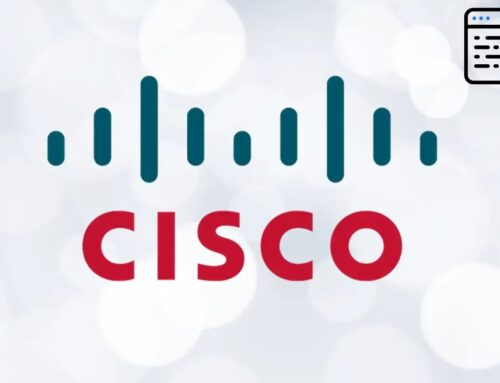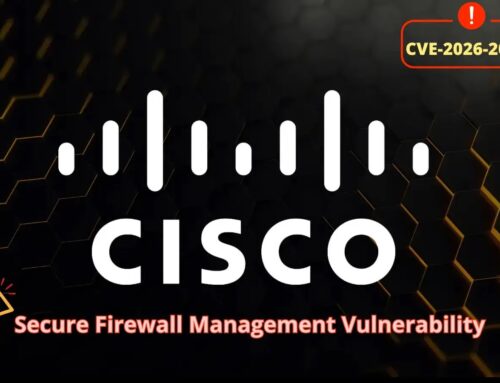
Dark Web Travel Agencies Offering Cheap Travel Deals to Steal Credit Card Data
The allure of a half-priced luxury vacation is undeniable. Imagine five-star hotels, round-trip flights, and even exclusive yacht charters at a fraction of their advertised cost. This enticing prospect is precisely what clandestine “travel agencies” operating on the dark web leverage to ensnare unsuspecting bargain hunters. However, what begins as a search for an affordable getaway rapidly devolves into a sophisticated scheme to compromise personal financial data, transforming stolen credentials into a commodity within a burgeoning cybercrime service economy.
This evolving threat landscape signifies a critical shift in the operational tactics of cybercriminals. Traditional, localized card-skimming operations have been supplanted by a globalized, orchestrated effort, demonstrating significant advancements in the monetization of stolen data. Understanding this illicit ecosystem is paramount for IT professionals, security analysts, and developers striving to protect organizational and individual assets.
The Dark Web’s Illicit Travel Economy
The concept of “dark web travel agencies” represents a significant evolution in cybercrime. No longer content with merely selling raw credit card numbers, sophisticated criminal enterprises are now offering a full-fledged, albeit illicit, service. These agencies present themselves as legitimate businesses, complete with mock websites and customer service, offering deeply discounted travel packages. The attraction is simple: luxury travel at an accessible price point, often advertised at 50% or more off retail.
The underlying mechanism, however, is far from legitimate. These “deals” are the final stage of a complex criminal supply chain that originates with the theft of credentials and payment information. This data is acquired through various means, including:
- Phishing attacks targeting legitimate travel booking sites or financial institutions.
- Malware injected into point-of-sale systems or personal devices.
- Data breaches from compromised online services.
- Card skimming devices attached to ATMs or gas pumps.
Once acquired, this stolen data is then laundered and utilized by these dark web travel agencies to book authentic travel arrangements. The unsuspecting buyer receives a seemingly legitimate booking confirmation, completely unaware that their “bargain” is complicit in a larger criminal enterprise, and that their own financial details are now at severe risk.
The Mechanics of Compromise: How Your Data is Stolen and Used
The journey from a stolen credit card number to a “cheap travel deal” involves several distinct, coordinated steps. This demonstrates a professionalization within the cybercrime underworld, moving beyond simple data dumps to a service-oriented model.
- Credential Theft: This is the initial stage, where PII (Personally Identifiable Information), including credit card numbers, CVVs, expiration dates, and billing addresses, is siphoned off. Techniques range from sophisticated spear-phishing campaigns designed to mimic legitimate travel portals to the exploitation of vulnerabilities in e-commerce platforms.
- Data Validation and Packaging: Stolen data isn’t immediately sold. It undergoes a validation process to ensure the cards are active and have sufficient credit limits. This often involves small, legitimate transactions to “test” the card’s viability. Validated data sets are then packaged and sold within criminal marketplaces.
- The “Travel Agency” Operation: The dark web travel agencies acquire these validated card details. They then use automated scripts or manual processes to book authentic flights, hotels, and other travel services through legitimate online travel agencies (OTAs) or directly with airlines/hotels. Because the card details are valid, the transactions proceed without immediate red flags for the vendor.
- The Unwitting Customer: The “customer” pays the dark web agency, typically using cryptocurrency, for the discounted travel package. They receive seemingly genuine booking confirmations directly from the legitimate vendors. The money they pay to the dark web agency is the profit for the criminals, while the financial burden of the fraudulently booked travel falls upon the original cardholder whose information was stolen.
The Risks for Unwitting Travelers: Beyond the “Bargain”
While the immediate appeal of a deeply discounted vacation is evident, the act of purchasing travel from these dark web entities carries significant, often unforeseen, risks for the buyer:
- Credit Card and Identity Theft: The most immediate risk is that the very act of engaging with these “





